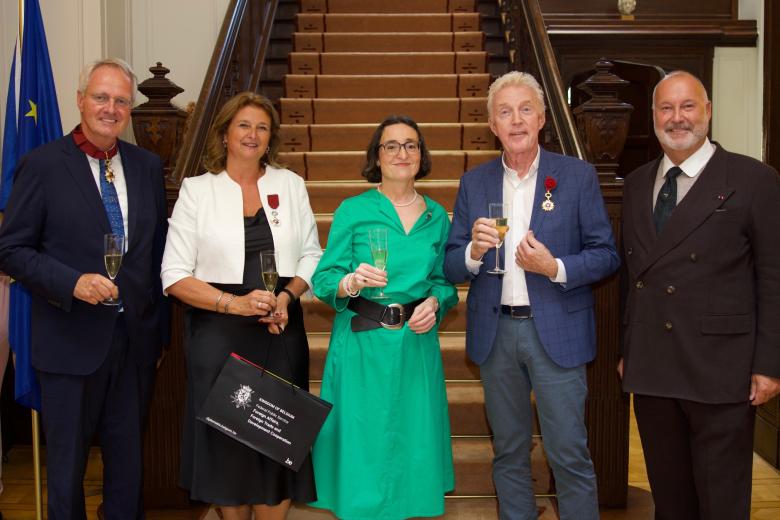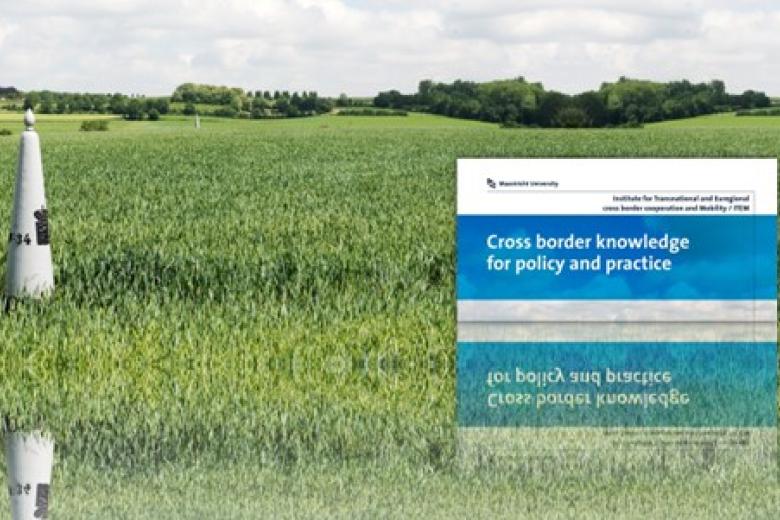Multinational enterprises, European state aid and transfer pricing
"A Study of the Application of EU State Aid Law to Transfer Pricing and Allocation of Income to Permanent Establishments"
Global multinationals such as Apple, Amazon, McDonald’s, and Fiat have come under fire for avoiding paying tax on their European business activities and sales.
The European Commission (EC) decided to assess fiscal arrangements of certain multinational enterprises as well as national tax schemes that might be problematic from a State aid perspective under EU law. The underlying principle of these actions is to have these companies pay tax where they make their profits, so where the commercial value originates. The legal analytical framework under EU State aid law developed and applied by the EC to assess tax rulings and agreements with national tax authorities dealing with transfer pricing arrangements (i.e. pricing of intra-company transactions and dealings) that are used by multinational enterprises to manipulate internal prices in order to shift corporate profits to low-tax or no-tax jurisdictions was central to this research. More specifically, this research addressed the main research question: How should transfer pricing and rules on allocation of income to Permanent Establishments (PEs) applicable to multinational enterprises be assessed under European State aid law?
Also read
-
Symposium VWR-VSR: Vulnerability and the Law – Multidisciplinary Perspectives
On 14 November 2025, the symposium "Vulnerability and the Law: Multidisciplinary Perspectives" will take place in Maastricht.

-
Professor Anouk Bollen-Vandenboorn appointed Knight in the Order of the Crown
Prof. Dr Anouk Bollen-Vandenboorn, Director of the Institute for Transnational and Euregional cross border cooperation and Mobility (ITEM) at the Faculty of Law, Maastricht University, was appointed Knight in the Order of the Crown on 3 July, during a formal ceremony at the Belgian Embassy in The...

-
ITEM continues: Advancing cross-border cooperation and impact
ITEM enters new phase within UM Faculty of Law from 2025.
